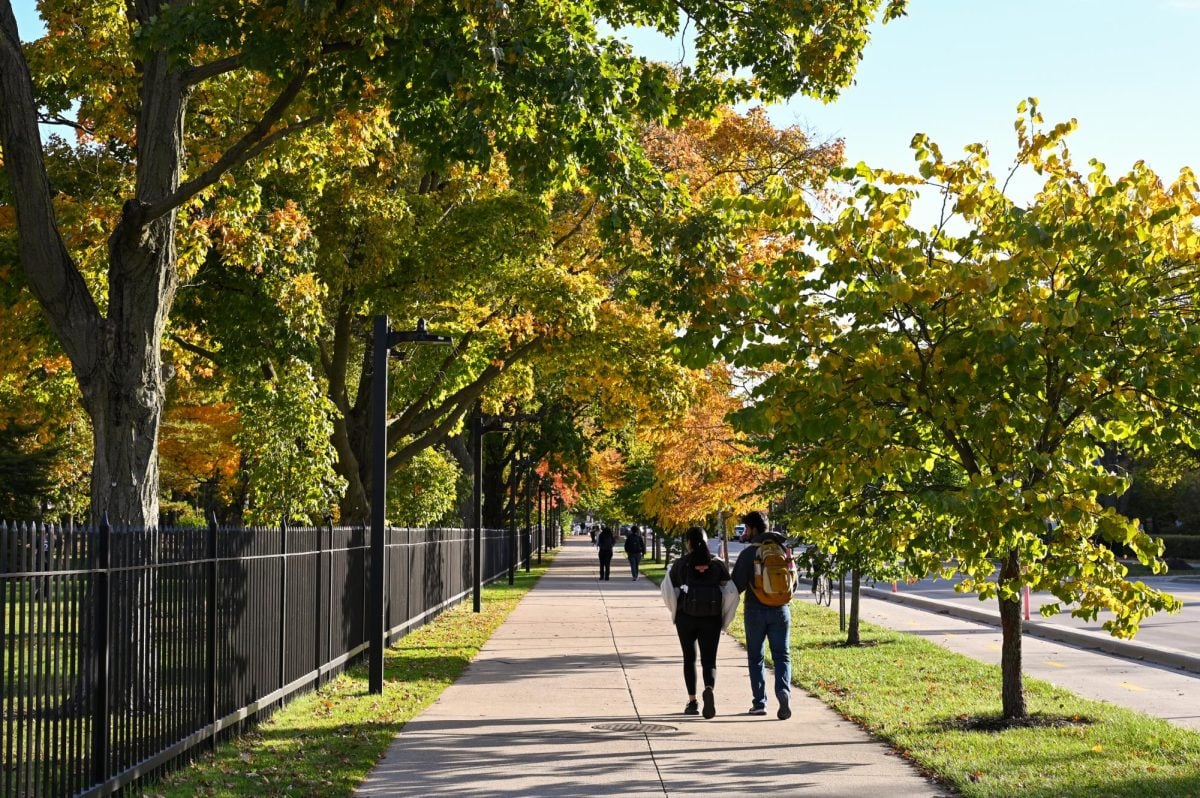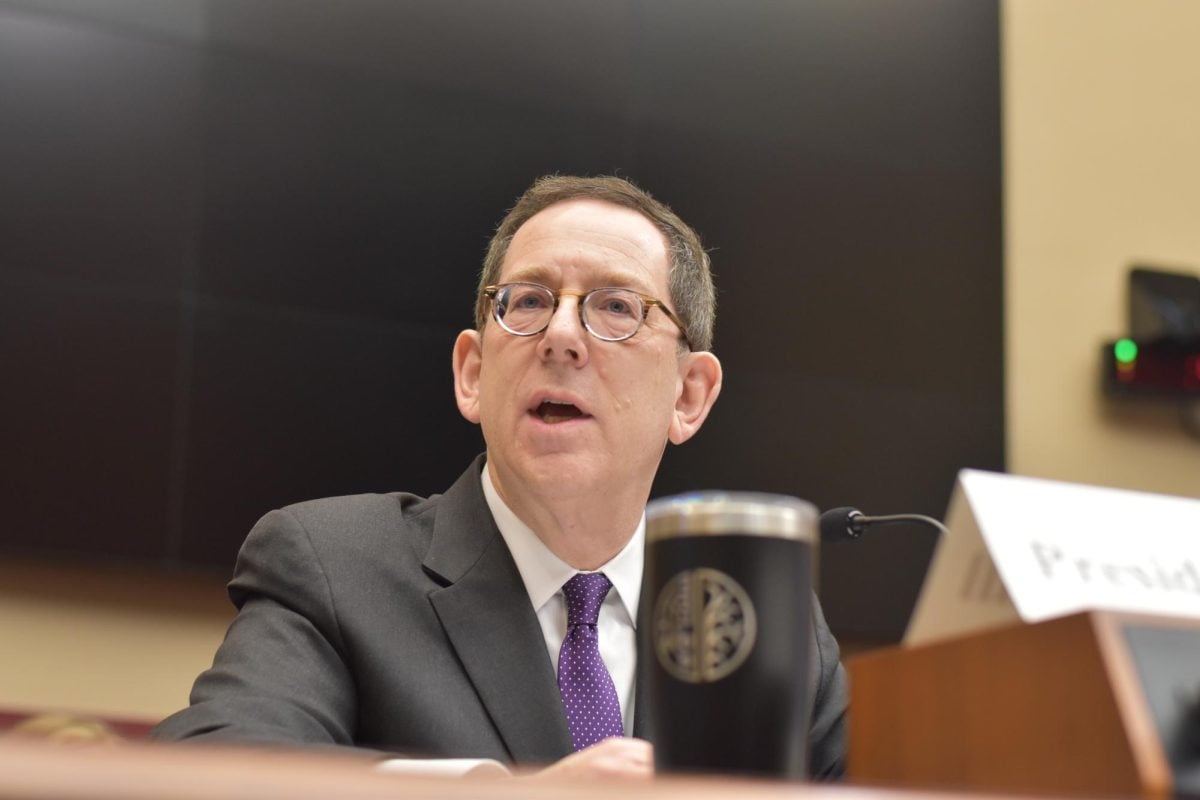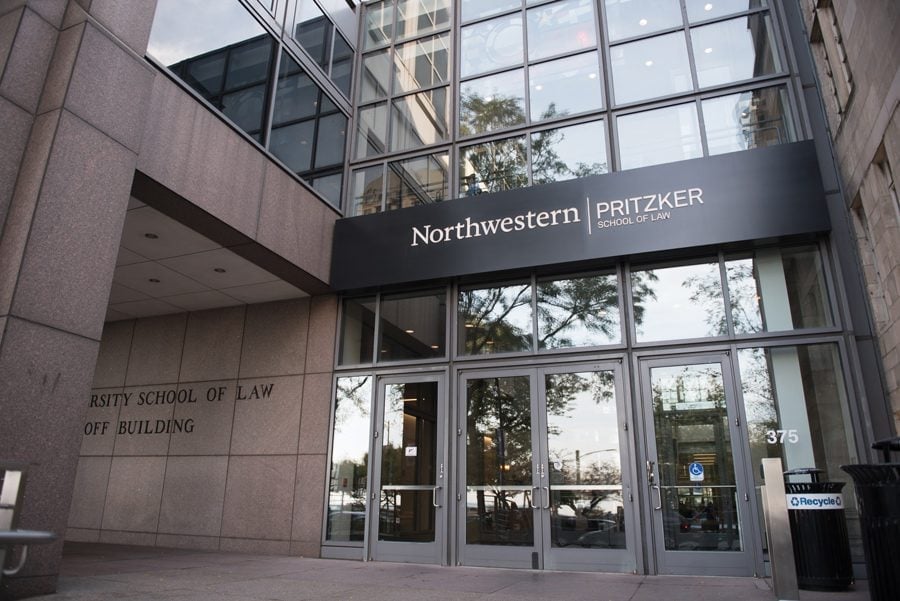With no official notice or explanation, University Residential Life reversed an unpopular, month-long policy that required students to pay $200 after being locked out of their room three times.
The Daily previously reported that the policy was originally put into place in early October.
For each lockout, the policy required that residents receive a ticket tracking their lockouts, show their keys to their community assistant and meet with the building’s area coordinator, according to a Sept. 26 email sent to 1835 Hinman residents by Community Assistant Vivian Wang. After the third lockout, students would have to pay a $200 fee to change the locks, regardless of whether they had lost their keys or not.
Allison Community Assistant Sharon Kim, a sophomore, confirmed this policy was no longer in place. She said students no longer have to pay the fee after their third lockout.
Mark D’Arienzo, associate director of University Housing, could not be reached for comment.
Kim said many students did not like the old policy.
“Like everyone else, I thought it was pretty harsh,” she said.
Kim seemed surprised to find that news of the change in policy was getting out. She said that it was not “public knowledge.” Additionally, area coordinators have not sent out emails to their residents informing them of the change.
Dorm residents such as Weinberg sophomore Lauren Schneider expressed frustration at the University’s failure to widely publicize this change in policy. Schneider said the lack of publicity about the changes keeps students like her misinformed and worried about a policy that no longer exists.
Some students are glad that the lockout penalty has been lifted because of the potential financial hardships it would cause.
“I think the new policy will ease the financial burden off of students who frequently forget their keys,” said Mahir Khan, a sophomore living in Lindgren House “It is also possible that some students will be less responsible about carrying their keys without this consequence.”
Kim said she understood why Northwestern would want to deter students from lying about locking themselves out. Still, she said she is happy residents will no longer be charged such a hefty fee.
“I guess it makes sense that the University would require that you pay for a lock after three times because there were incidents in the past where students claimed they had their keys and had CA’s open the doors for them,” Kim said. “And then at the end of the year, (they) didn’t have their keys.”
However, she also said this excuse is infrequently used because it is difficult to support.
Schneider said she found the old policy dangerous to the health of the student body.
“There was a time a few weeks ago when I got locked out from 10 in the morning until midnight because my roommate was out,” said Schneider, who lives in 1835 Hinman. “I realized later at like 8 (p.m.) that I left my medication in my room. I didn’t want to pay the $200 so I took it like six or eight hours later.”
She said it is possible that there were students in similar situations who may have put themselves at risk because they wanted to delay paying the lockout fine.
However, Schneider said she is happy that the rule has been changed.
“Everyone has those days where you forget your keys, and I feel like you shouldn’t be penalized for that,” she said.












